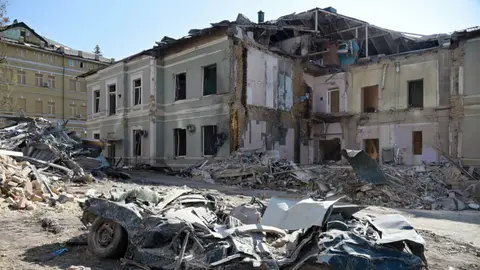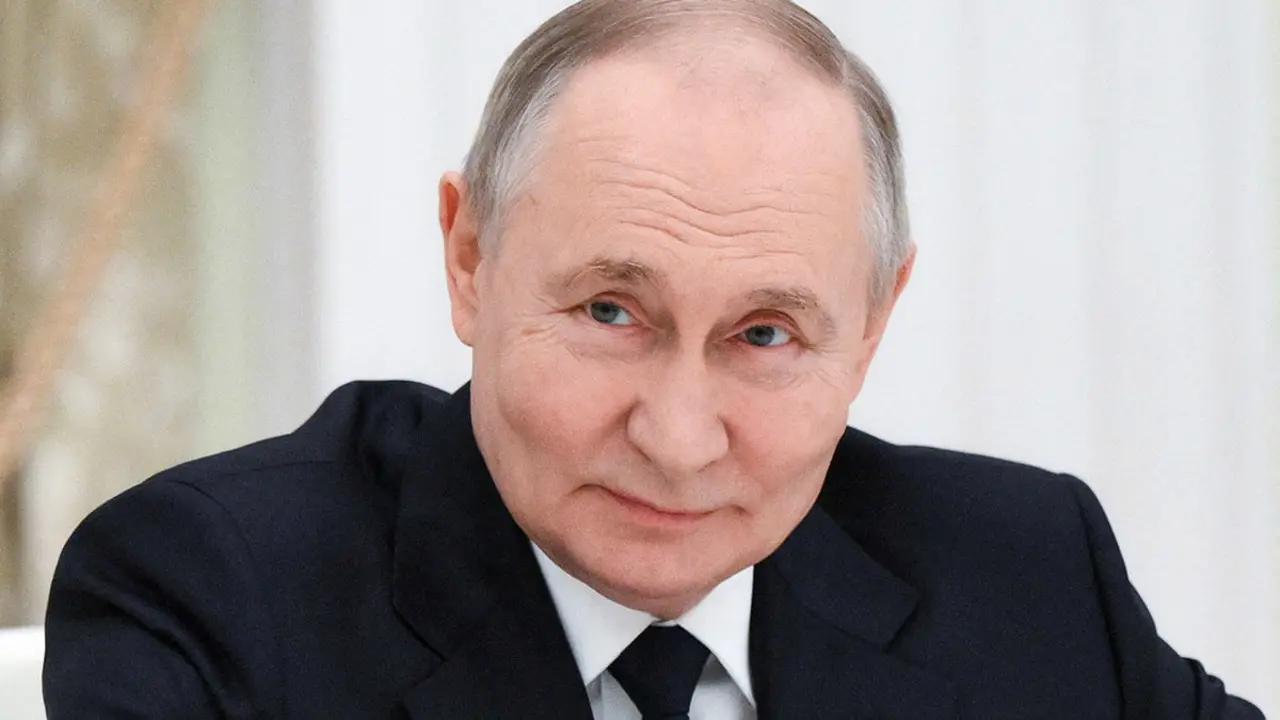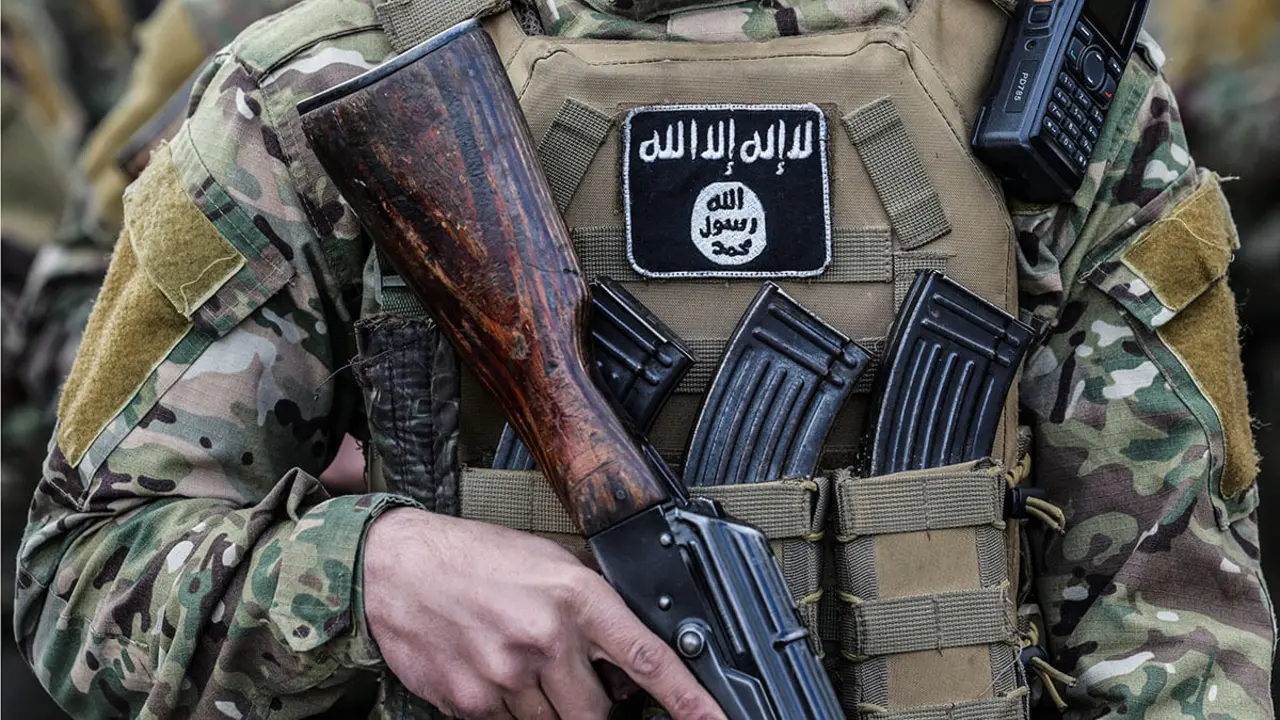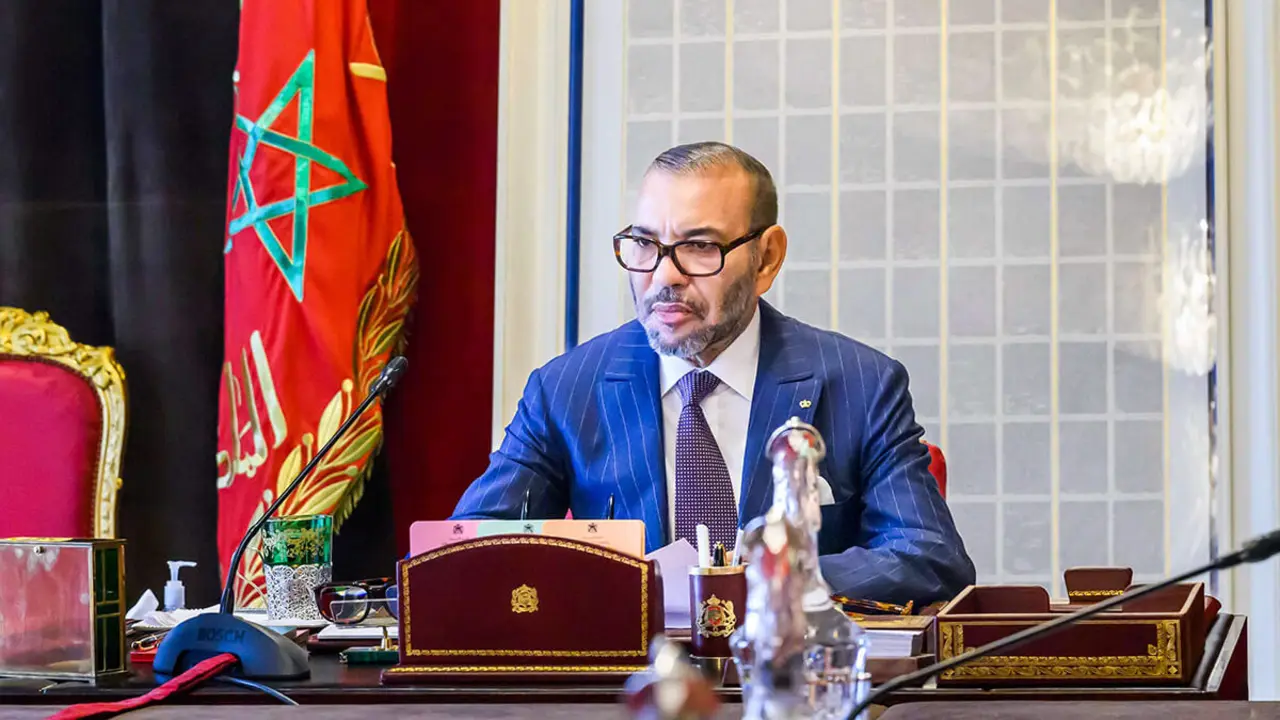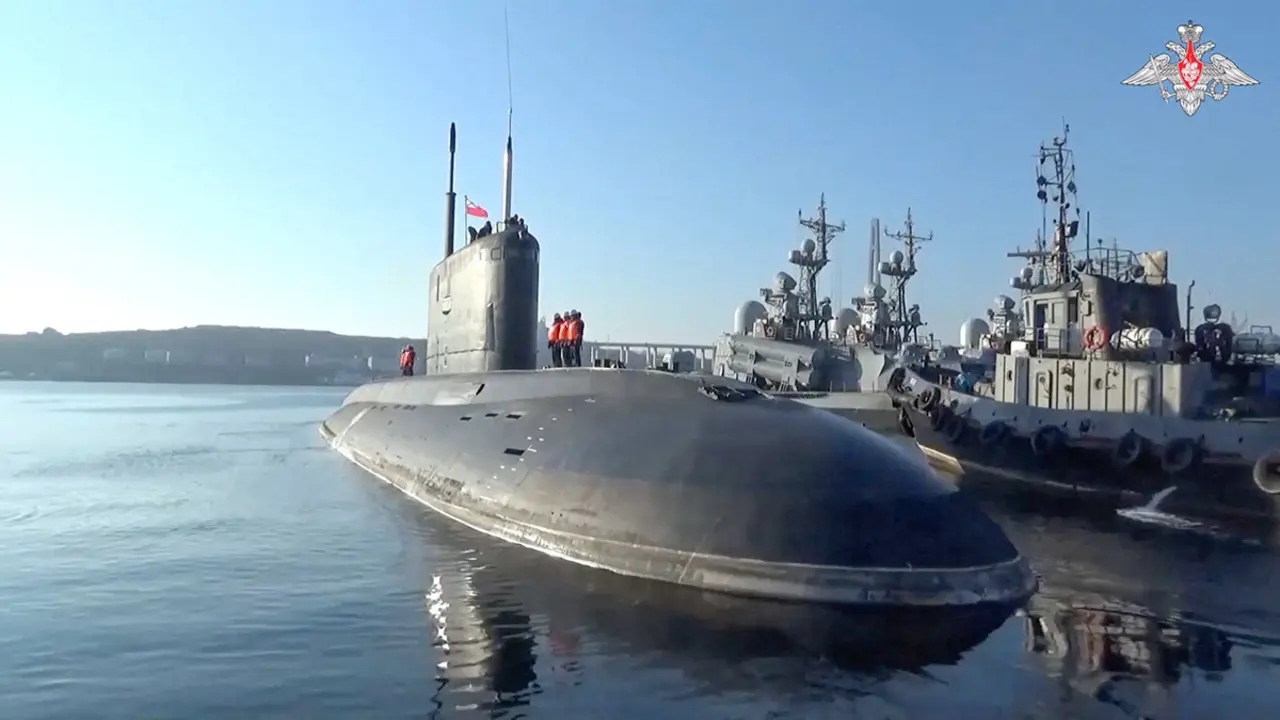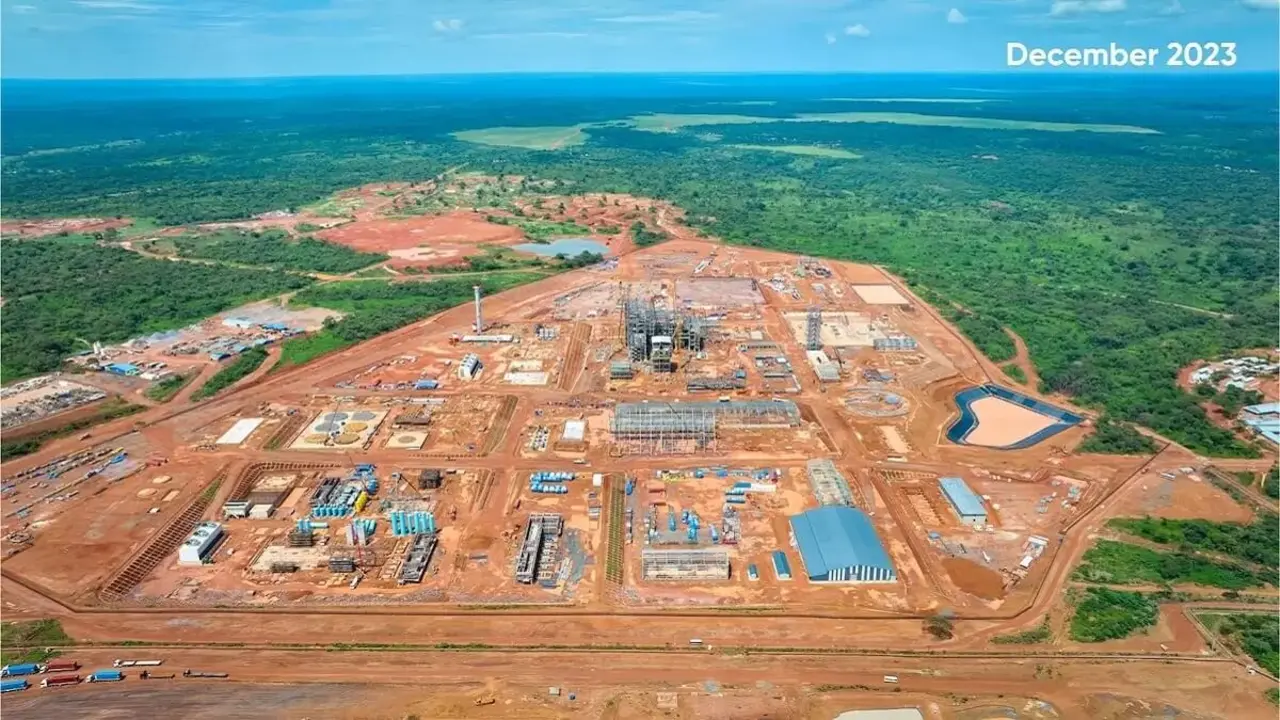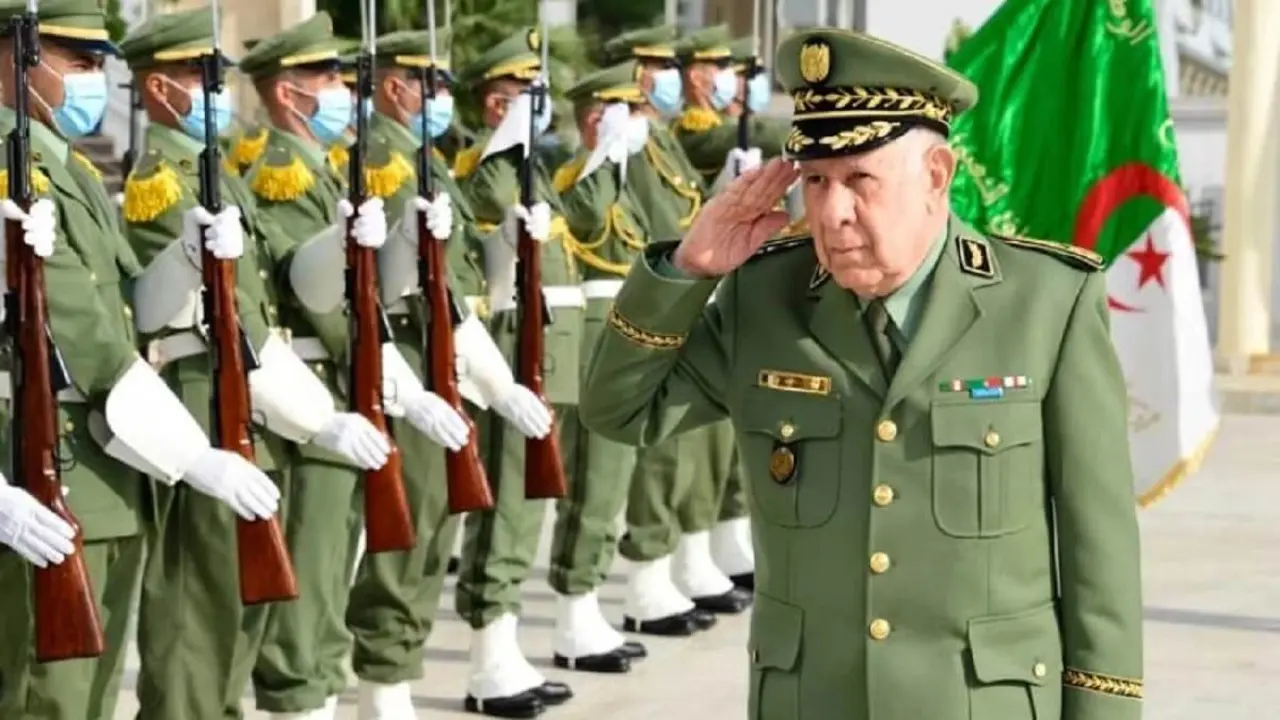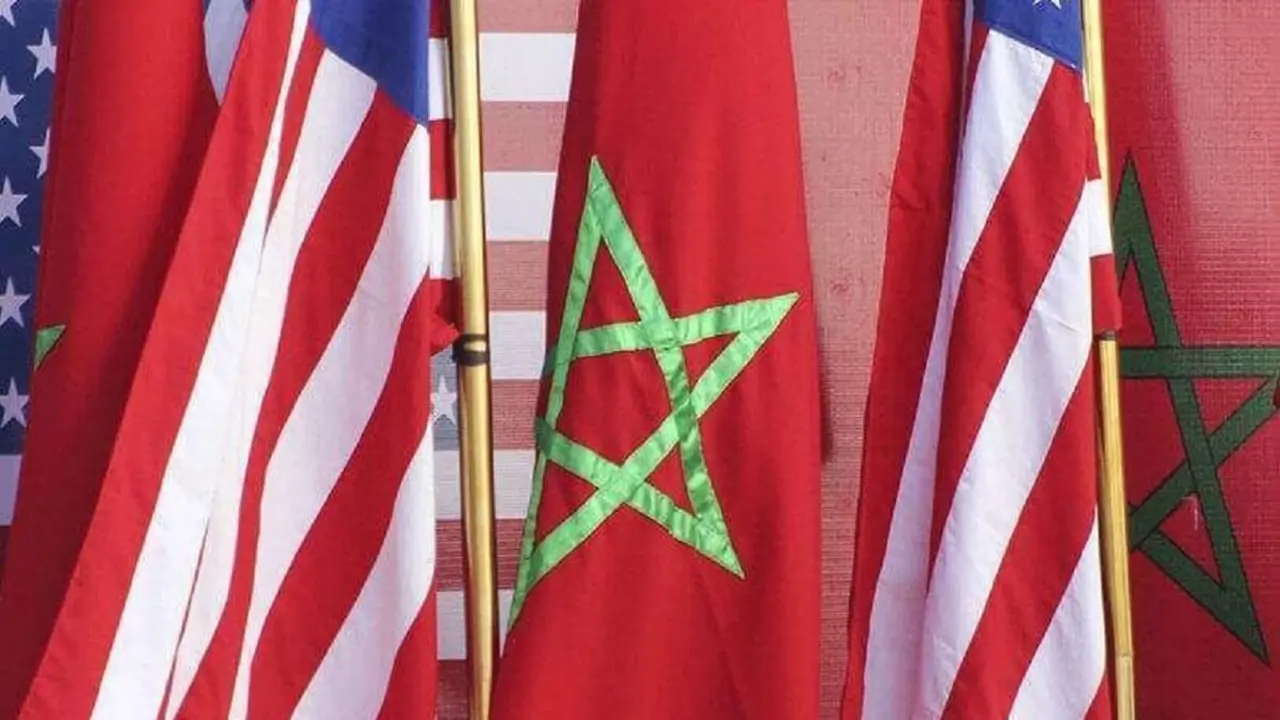The arrival of North Korean soldiers exacerbates the problem of forced mobilisations
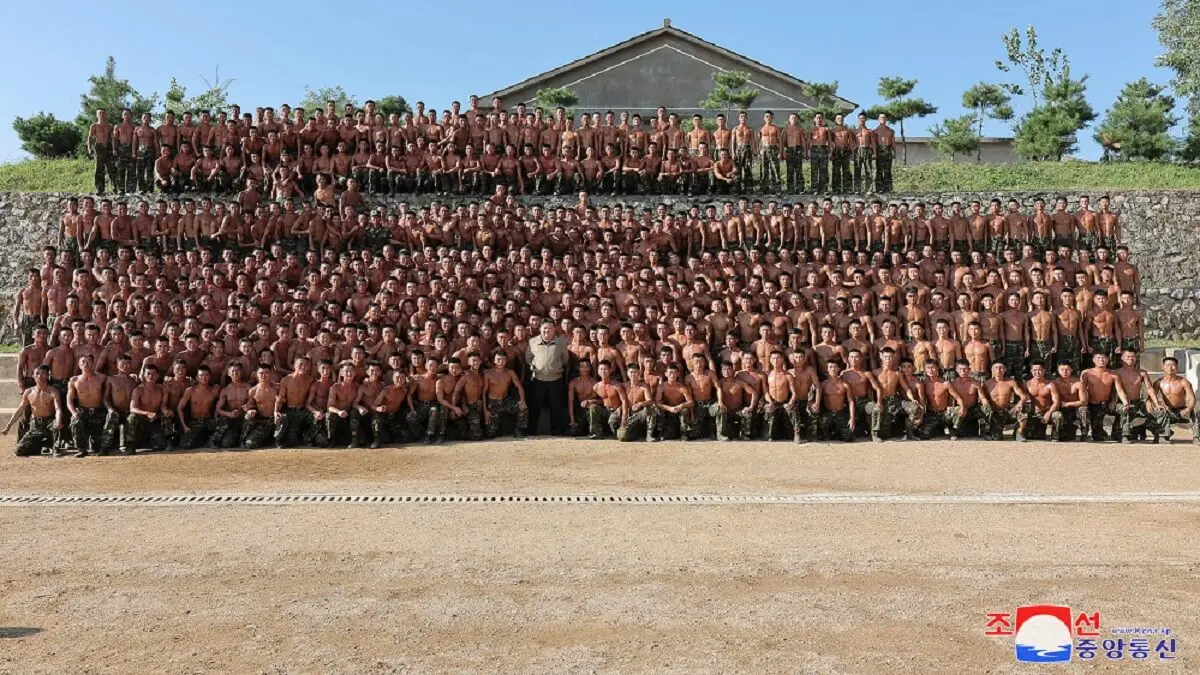
On the programme ‘De cara al mundo’ on Onda Madrid, reporter and journalist María Senovilla, a contributor to Atalayar, analysed the confirmation by the President of Ukraine, Volodimir Zelenski, of the training of 10,000 North Korean soldiers to fight alongside Russia. In addition, he considered the forced mobilisation in connection with recruitment raids in Ukrainian leisure areas.
Maria, what was missing, North Korean soldiers in the Russian ranks.
This would confirm an open secret. For some time now, intelligence sources inside Ukraine have been pointing to the possibility of North Korea sending soldiers to fight in Putin's army.
It seems that 18 North Korean soldiers defected from the Russian army a few days ago and handed themselves over to the Ukrainians in the Kursk region. Ukrainian intelligence warns that the contingent that Kim Jong-un could send to Russia has no less than 10,000 soldiers. This would be a new step in the collaboration between Russia and the North Korean regime after having seen Kim Jong-un send the Kremlin huge quantities of missiles and other types of projectiles that Vladimir Putin would use to attack Ukrainian cities.
About a year ago, one of these shipments exceeded one million projectiles, and right now the North Korean leader, who has even described the invasion of Ukraine as a Holy War against the West, is currently supplying half of the projectiles fired by Russia, which come from an arsenal that North Korea has from the Soviet era and which, in many cases, have a low effectiveness, do not explode or do not explode completely, but which, even so, would be doing terrible damage in any case.
It had already been confirmed a little over a year ago that Russia had recruited soldiers in countries such as Cuba, Venezuela and other Latin American countries, but the talk was always of far more moderate numbers such as those that Ukraine might be receiving from foreign fighters. But if it is confirmed that North Korea can send a contingent of no less than 10,000 men, although they may not share the military doctrine of Russian troops, it could do real damage to the Ukrainian combat centre.
On the other hand, NATO reiterates its support for Ukraine, but does not accept the terms of Zelensky's victory plan.
And by terms we mean Ukraine's membership in the Atlantic Alliance. Zelensky, who presented his Victory Plan in Brussels, has assured that Ukraine will continue to fight both to stand up to Russian troops and to eventually join NATO.
At present, 84% of Ukrainians would support NATO membership and, moreover, this support has been ‘in crescendo’, because at the beginning of the war the percentage of ordinary people, of those surveyed, who supported NATO membership was much lower because there was a part of the country that feared that, if Ukraine joined the Atlantic Alliance, Russian reprisals could be worse.
At this point in the war, it is already an overwhelming majority of 84%. People who see this see Ukraine's entry into NATO as the only real guarantee that they will not be invaded by their neighbour again in the near future. The Ukrainian president also called for increased support for his allies and launched a proposal to implement a deterrence package on Ukrainian soil that would force Russia to the negotiating table, because, the Ukrainian president said, ‘The free world cannot tremble before the Kremlin's threats’.
Of course, there was a Russian response to both Zelensky's speech and his visit to Brussels. Russia issued new veiled threats and a warning that Zelenski's victory plan was intended to push NATO into direct war and global confrontation.
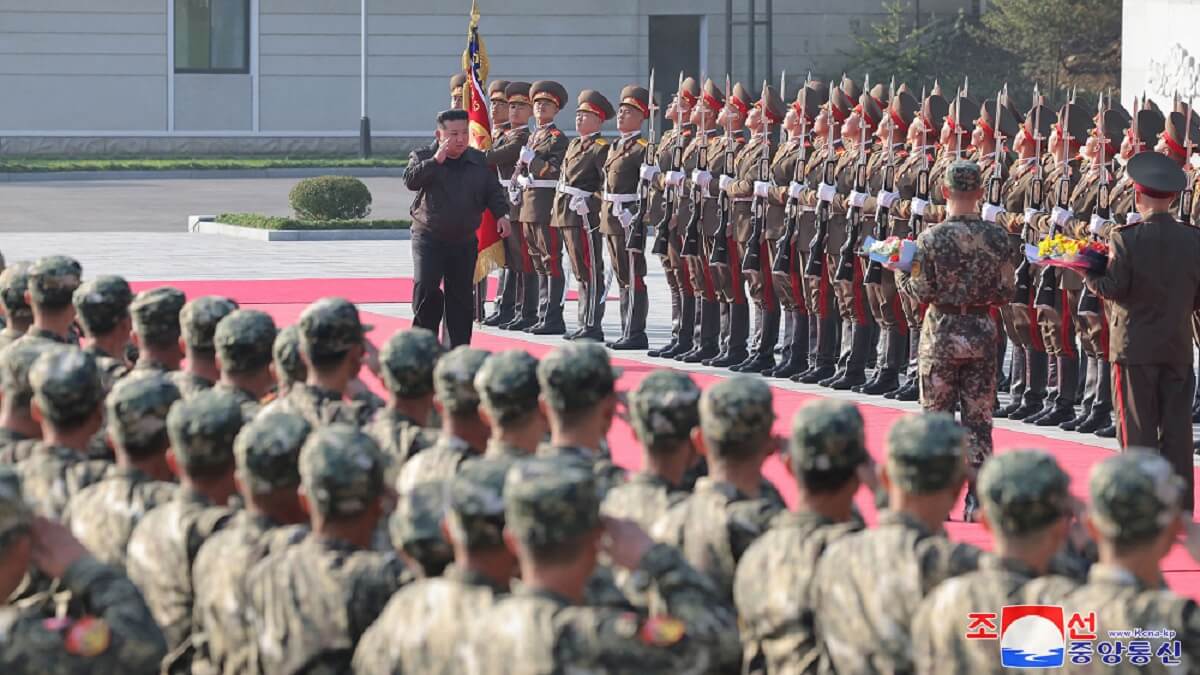
The problem of forced mobilisation left an episode that has gone viral. Recruiters have made a coordinated raid in entertainment areas and in several cities at once. There are many Ukrainians who do not want to go to war.
There are many Ukrainians who do not want to go to war. Those who did have already mobilised voluntarily over the past two years and eight months. At the moment, recruiters are looking for people between the ages of 25 and 60. According to the recruiters themselves, people in the 50-60 age bracket would only be called in case of emergency. However, those between the ages of 25 and 50, who are not in essential jobs, will be invited to join the ranks.
These forced recruitments have gone viral in recent days because this joint round-up, which took place in cities such as Lviv, Kiev, Odessa and some others, occurred at the exit of large cultural events, such as the concert of Ukraine's most famous singer in Kiev, whose band was also celebrating its anniversary and had scheduled six macro-concerts in the Ukrainian capital. We are talking about thousands of people who went to the event and found that at the exit of the concert the recruiters were waiting for them, lined up, to ask them for the papers showing that they had already passed through the recruitment centre, that they had identified themselves and that, although they were not in the ranks, they were in the system.
There were arrests of people who were trying to escape, who were trying to flee, people who were dragged into a van and then taken to the centre to be identified. People were very indignant and filmed the scenes. The police exceeded the limits of force at times and all this was circulated on social networks and it was later revealed that in these other cities nightclubs and leisure centres had also been raided.
Just think how viral the controversy must have been that the Minister of Culture had to come out and say that it is not a good idea to recruit men for cultural events, because this could end up putting the nail in the coffin of a sector, such as the cultural sector, which is struggling to survive in the middle of a war that has been going on for three years now. It was curious, because the Education Minister said it was fine for the recruiters to go to discos, restaurants and luxury shops to identify people, but that they should respect everything related to culture, music, theatre and cinema and not raid these places.
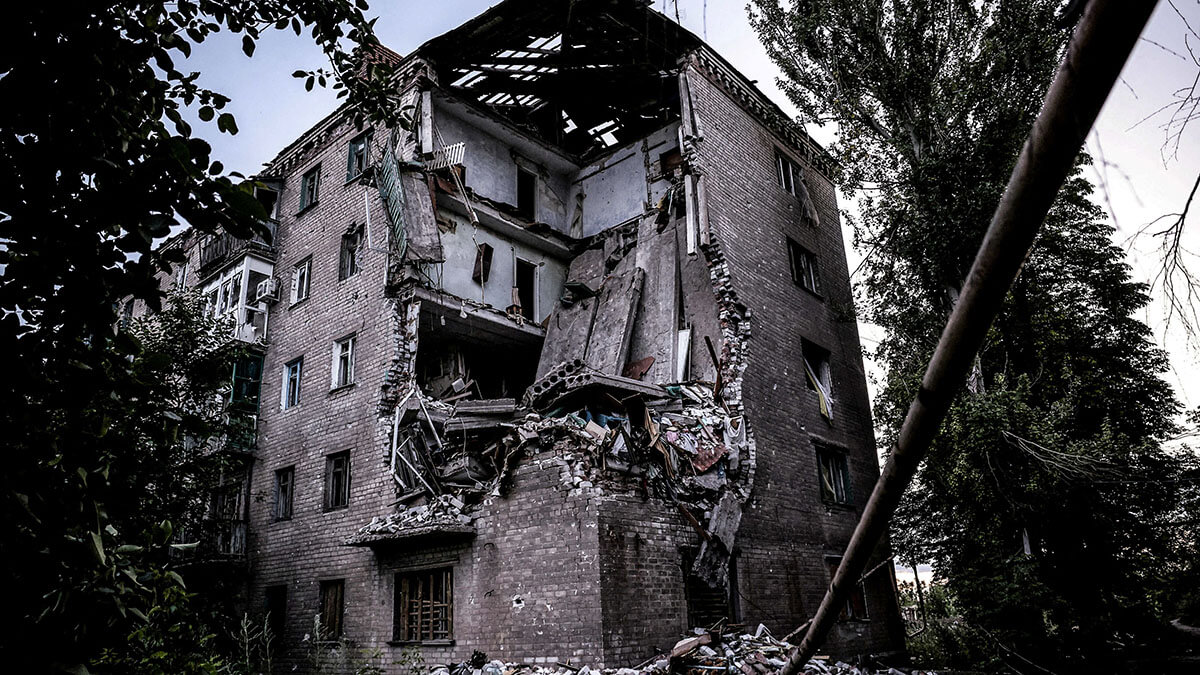
Dissatisfaction is growing day by day, especially among a younger sector of the population who have not wanted to be recruited and will hardly change their minds. Even more so now that we have already seen images from the front lines and Ukrainians know what their troops are going through and what they are suffering there. The number of people wounded, the number of casualties, the number of dead, the harshness of the front line, which is not diminishing in intensity because Russia is pressing harder every day, especially on the Donbas front.
The dynamic has not changed. The people who don't want to go to the front are looking at them with more and more distrust and dissatisfaction. The soldier who is in the trenches on the front line, you have to put yourself in his shoes, and it doesn't seem right that, while he is risking his life and losing it, there is another sector of men, who could help and pushing in unison, who prefer to be at concerts, theatres or restaurants.


